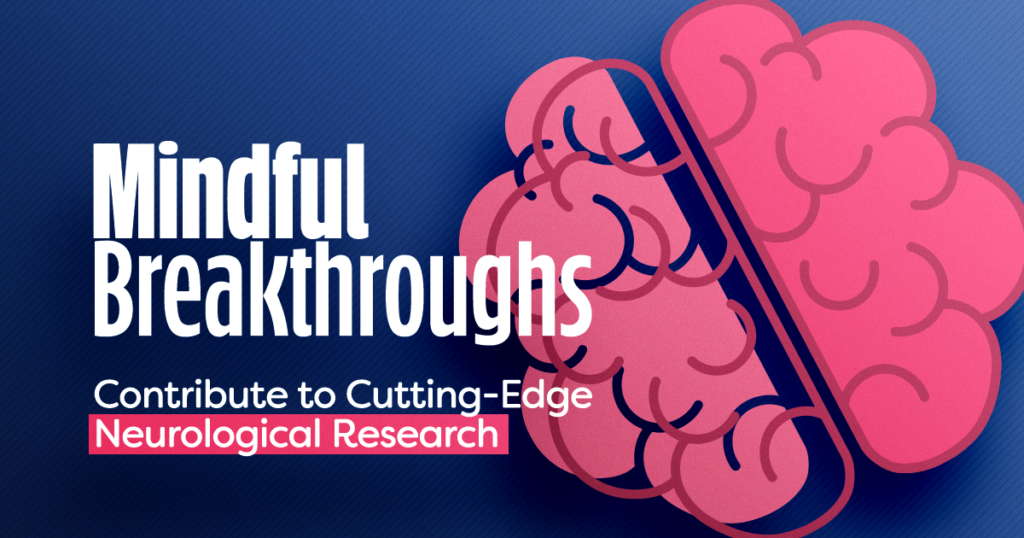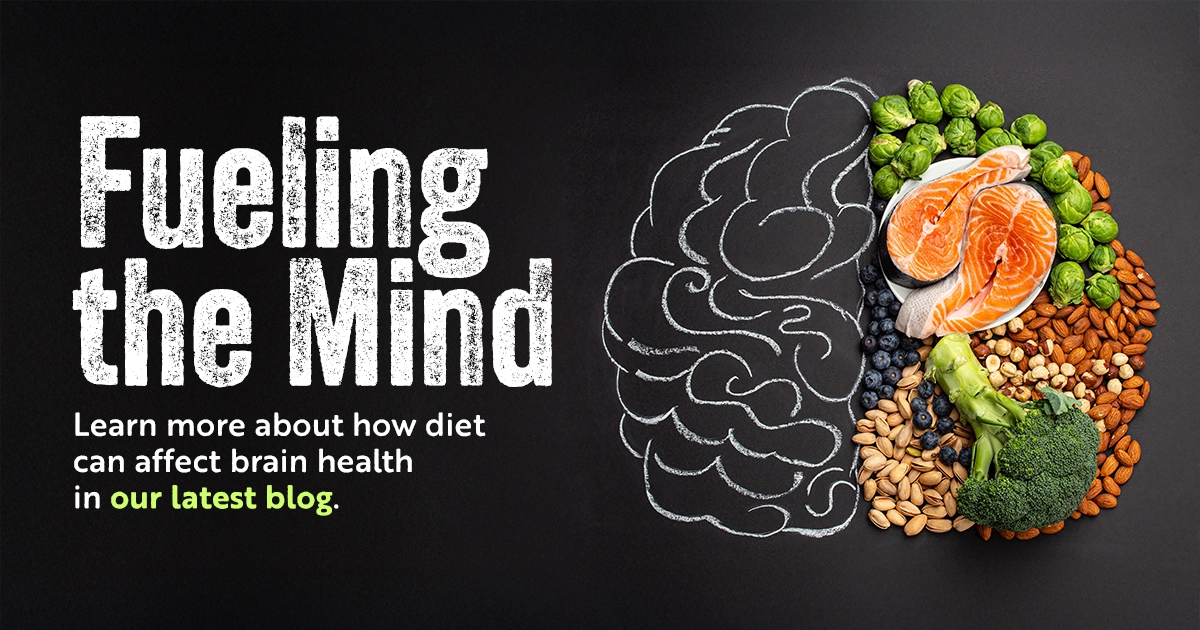When it comes to maintaining optimal brain health, what we put on our plates can be just as important as mental exercises and social interactions. Research increasingly supports the idea that diet plays a pivotal role in cognitive function, memory, and overall brain health. Read more below on why making informed food choices is essential for everyone, particularly those concerned about conditions like Alzheimer’s disease.
The Connection Between Diet and Brain Function
Nutrients That Matter
Certain nutrients are vital for maintaining healthy brain function. Omega-3 fatty acids, found in fatty fish like salmon, walnuts, and flaxseeds, are known for their anti-inflammatory properties and their role in promoting brain cell growth and repair. Antioxidants, abundant in fruits and vegetables, help combat oxidative stress that can lead to neurodegenerative diseases. Vitamins B, D, and E are also crucial for cognitive health, supporting everything from energy production to the maintenance of neurons.
The Mediterranean Diet
Studies have shown that the Mediterranean diet, rich in whole grains, healthy fats, lean proteins, and a variety of fruits and vegetables, may help reduce the risk of cognitive decline. This dietary pattern emphasizes foods that promote brain health, such as olive oil, fish, nuts, and legumes, while limiting red meat and processed foods. Research suggests that adhering to the Mediterranean diet can improve memory and cognitive function.
The MIND Diet
A fusion of the Mediterranean and DASH (Dietary Approaches to Stop Hypertension) diets, the MIND diet focuses specifically on foods that are beneficial for brain health. It encourages the consumption of berries, green leafy vegetables, nuts, whole grains, fish, and poultry, while limiting red meat, butter, cheese, and sweets. Studies indicate that following the MIND diet may lower the risk of Alzheimer’s disease and improve cognitive function.
Limitations and Considerations
While diet is a critical factor in brain health, it’s essential to remember that it’s only one piece of the puzzle. Genetics, lifestyle choices, physical activity, and mental health also play significant roles in cognitive well-being. Moreover, individual dietary needs may vary, and it’s always a good idea to consult with a healthcare professional before making significant dietary changes.

Neurology Research
The relationship between diet and brain health is a growing area of research, with evidence suggesting that what we eat can significantly influence cognitive function and the risk of diseases like Alzheimer’s. By making informed dietary choices, we can take proactive steps toward enhancing our brain health and well-being.
If you or a loved one are battling Alzheimer’s disease, we encourage you to explore our neurology research studies. Your participation could help pave the way for advancements in understanding and treating this condition. Together, we can work towards a brighter future for those affected by Alzheimer’s.


